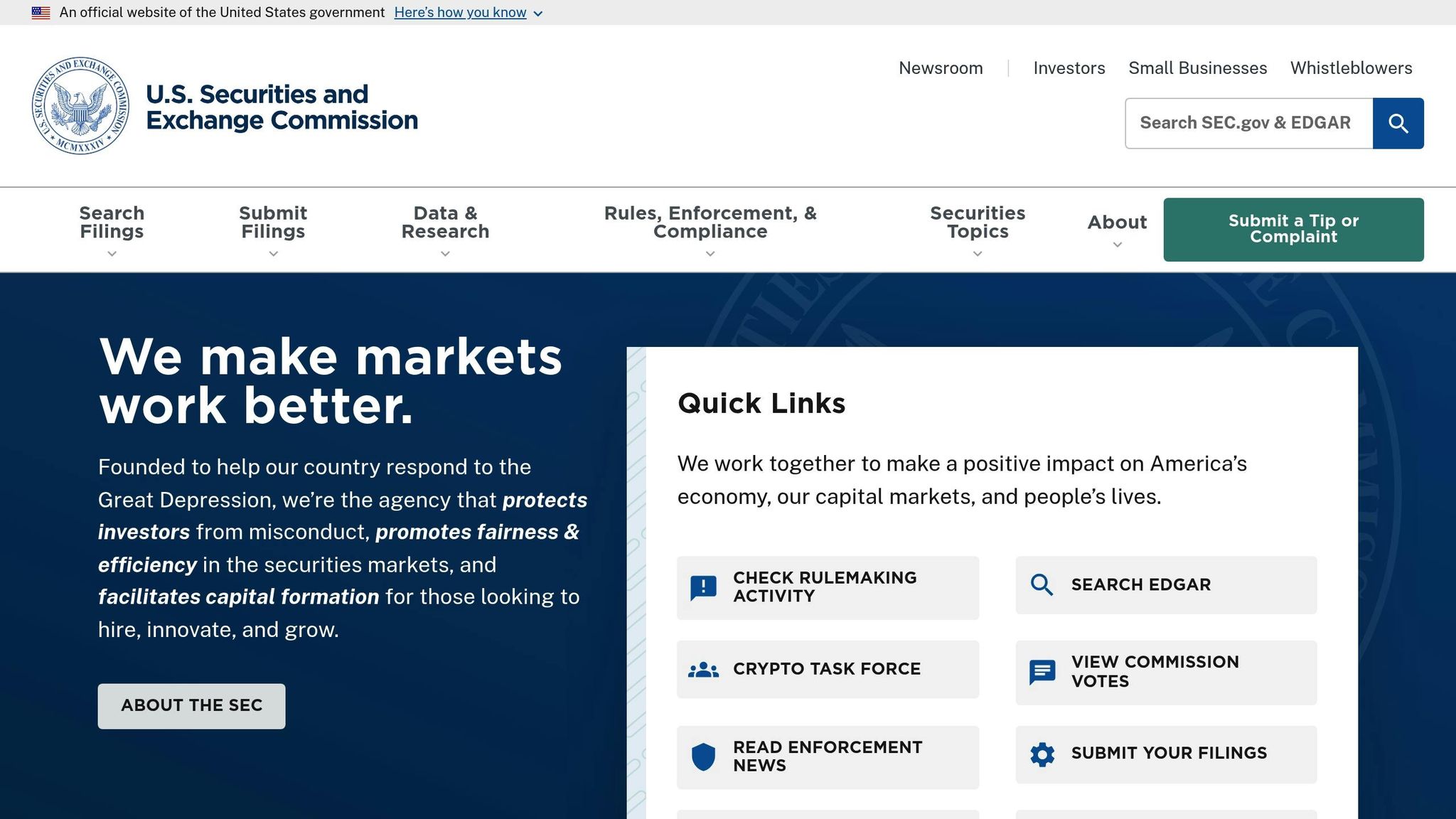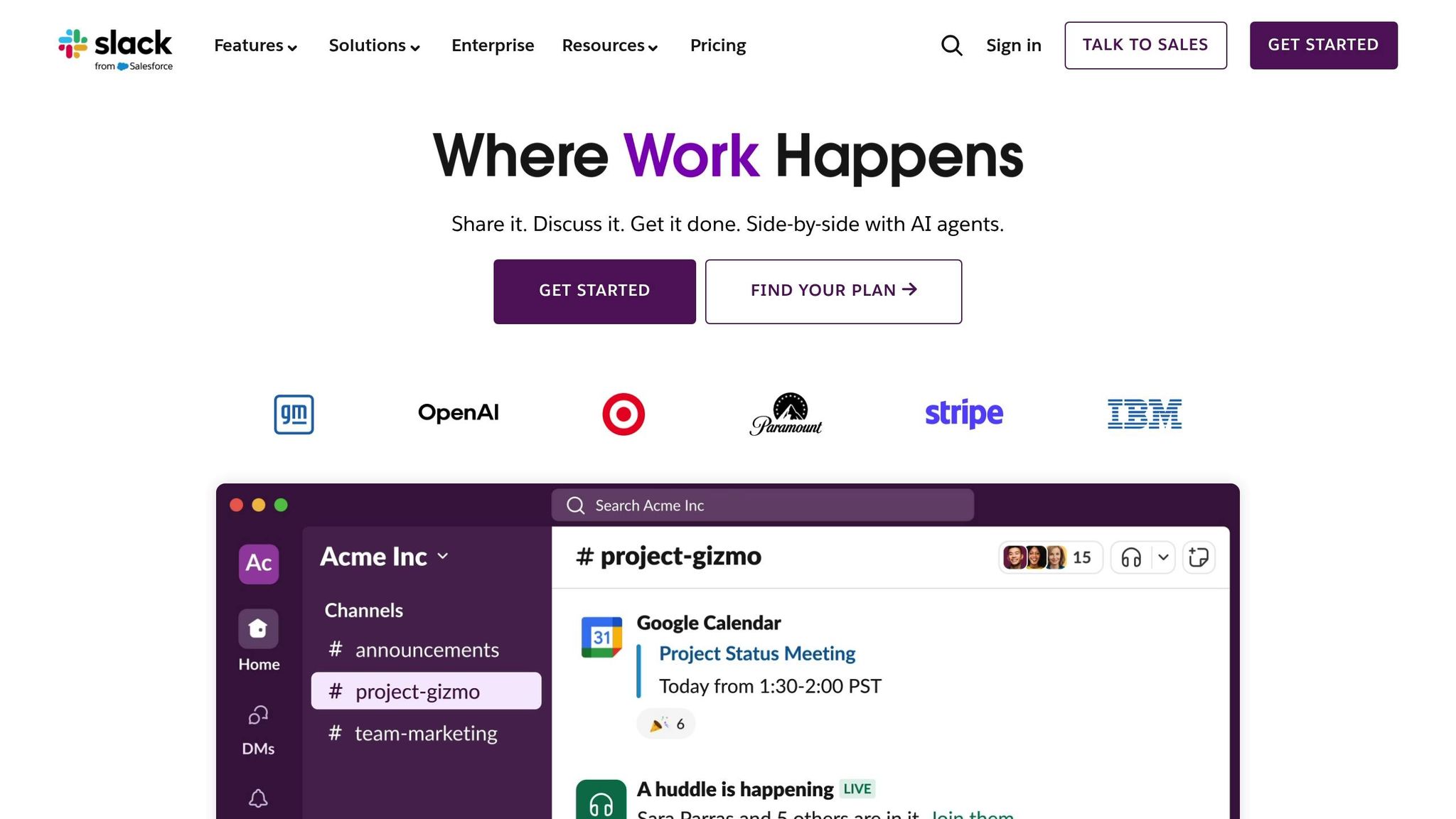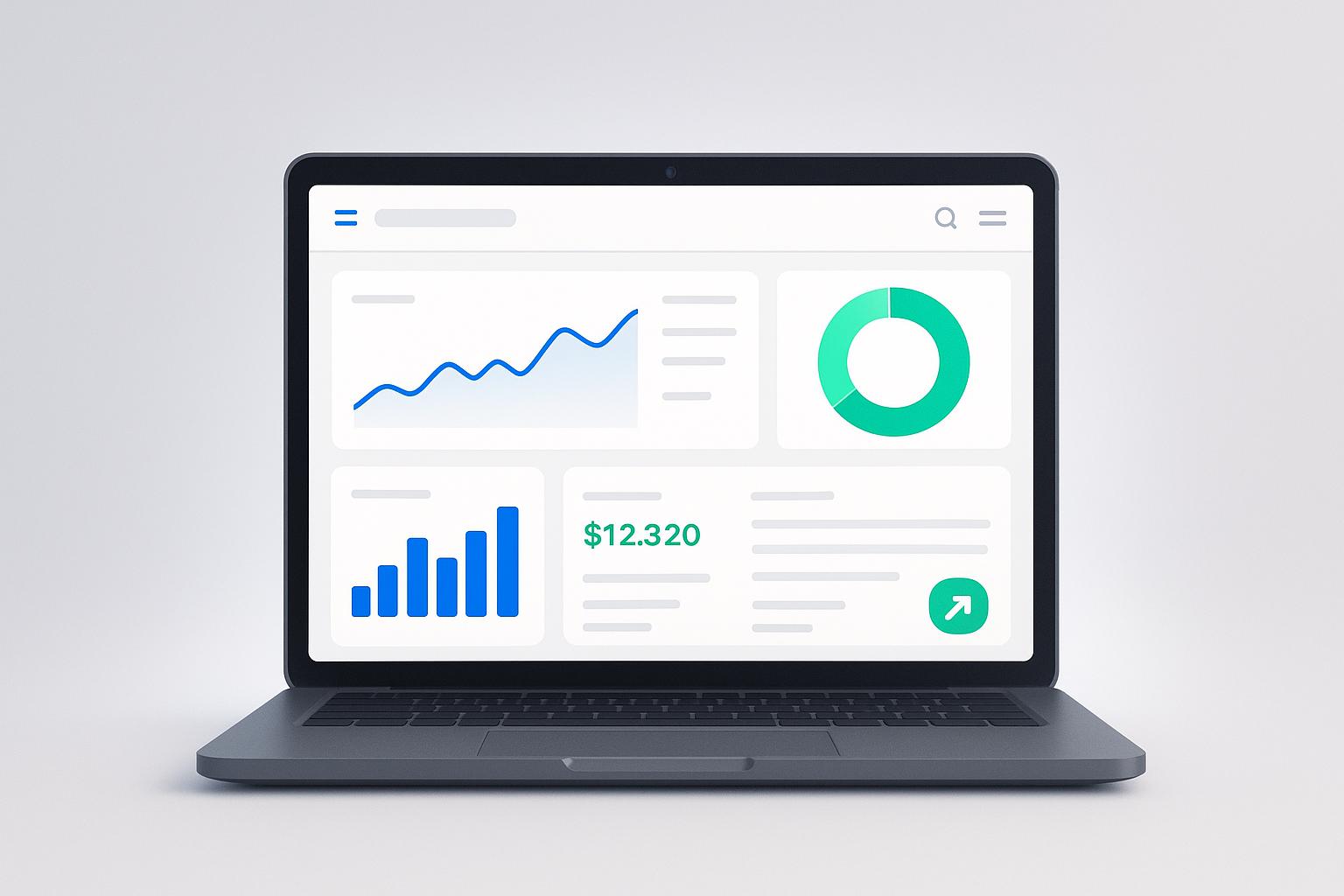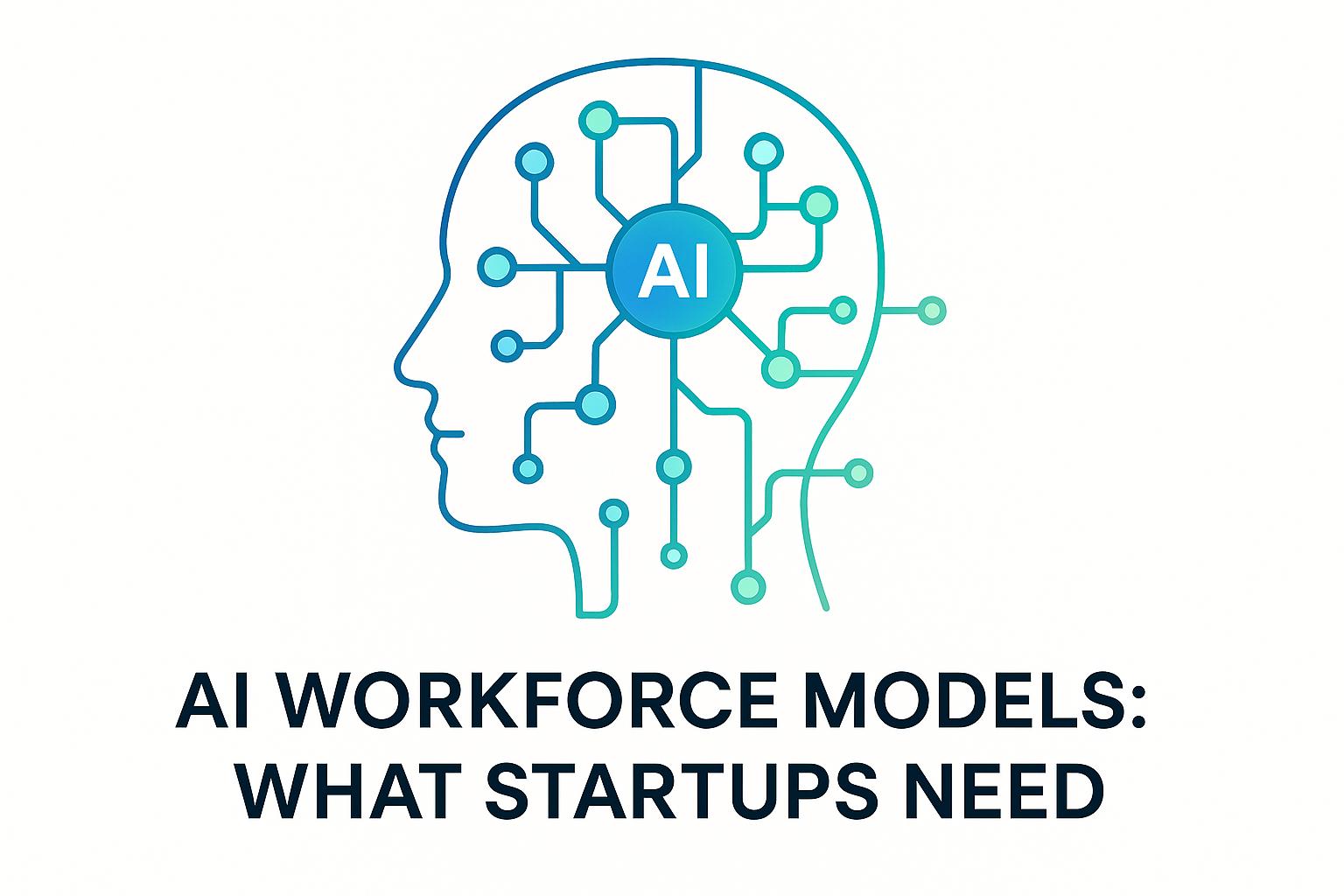AI is transforming compliance reporting for startups by automating tedious tasks, reducing errors, and keeping up with changing regulations. Here's how it helps:
- Data Automation: AI pulls and validates financial data directly from your tools, eliminating manual entry errors.
- Error Detection: It flags inconsistencies in real-time, letting you fix problems before they escalate.
- Regulatory Updates: AI adapts to new rules automatically, so your reports stay compliant without extra effort.
- Instant Reports: Generate audit-ready, customized reports with a single click, complete with supporting documentation.
For startups, this means less time spent on compliance and more focus on growth. Platforms like Lucid Financials integrate bookkeeping, tax preparation, and compliance reporting into one system, even offering Slack integration for real-time insights.
AI ensures accuracy, saves time, and simplifies the complex world of compliance reporting, making it easier to meet investor and regulatory demands.
This Entrepreneur Is Using AI To Automate Financial Regulatory Compliance
How AI Makes Compliance Reporting Easier
AI simplifies compliance reporting by automating intricate processes, cutting down on time-consuming manual tasks while ensuring precision and adherence to regulations. This automation enables consistent, error-free reporting without the usual hassle.
Automated Data Collection and Validation
AI-powered systems integrate directly with your financial tools, pulling data automatically from accounting software, bank accounts, payroll systems, and other business platforms. This reduces the risk of transcription errors that often occur with manual reporting.
These systems don’t just collect data - they also validate it. Machine learning algorithms cross-check transactions, balances, and financial statements for consistency. Any discrepancies are flagged immediately, preventing errors from piling up.
For startups juggling multiple software platforms, AI consolidates data into a standardized format that aligns with regulatory requirements. This unified approach saves finance teams significant time on data preparation. Tasks like reconciling accounts across various tools or ensuring uniform data formatting - once labor-intensive - now happen seamlessly in the background.
Real-Time Error Detection
While gathering and standardizing data, AI also keeps a vigilant eye on potential issues. Pattern recognition algorithms continuously scan transactions to detect anomalies, identifying potential compliance risks as they arise. By analyzing historical data, these systems learn to distinguish normal business activity from irregularities, improving their accuracy over time.
AI also tracks regulatory updates in real time. When new rules or reporting formats are introduced, the system adjusts its validation criteria automatically. This ensures your reporting stays compliant without the need for constant manual oversight.
This proactive monitoring allows finance teams to address issues as they emerge, rather than discovering them during an audit or year-end review. Alerts for inconsistencies or risks enable quick resolutions, keeping compliance schedules on track and avoiding last-minute scrambles.
Instant Report Generation
With data integrity ensured through automation and error detection, AI can instantly produce customized, audit-ready reports. These reports are tailored to specific regulatory requirements, investor needs, and board expectations, formatted to meet current standards without manual adjustments.
Each report includes detailed supporting documentation and audit trails, making it easy to trace every figure back to its source. This level of transparency satisfies regulatory demands and investor inquiries, eliminating the back-and-forth often associated with manual reporting.
The ability to generate reports on demand transforms compliance reporting from a periodic challenge into an ongoing strength. Startups can quickly produce investor-ready reports, respond to stakeholder requests, and maintain transparency - all without devoting excessive resources to report preparation.
Key Features of AI Compliance Platforms
AI compliance platforms are designed to simplify data management while turning compliance into a transparent, ongoing process. For startups, selecting the right platform means finding one that reduces manual effort and meets the high standards of accuracy and clarity demanded by investors and regulators.
Connection with Financial and Communication Tools
A solid compliance platform integrates directly with the tools your team is already using - think accounting software, payroll systems, banking platforms, and even communication tools like Slack. This ensures compliance monitoring becomes a natural part of daily operations rather than an isolated task.
Two-way integration is key. The platform should not only pull data from your systems but also push updates back to your team in real time. For startups with more complex structures - such as multiple subsidiaries or holding companies - multi-entity support is crucial, enabling seamless tracking across all entities in one place.
For example, when a large expense is logged or a significant payment arrives, the AI recalculates compliance metrics instantly. It then notifies relevant stakeholders through their preferred channels, ensuring everyone stays informed. These real-time updates flow into tailored dashboards, making compliance management both active and efficient.
Custom Dashboards and Alerts
The best AI compliance platforms offer customizable dashboards that align with your startup's unique regulatory needs and growth trajectory. These dashboards prioritize the most critical information - upcoming deadlines, compliance statuses, and urgent issues - so nothing slips through the cracks.
Advanced alert systems go a step further, analyzing financial data to identify potential problems before they escalate. For instance, the platform might flag spending trends that could breach debt covenants or highlight cash flow risks tied to regulatory capital requirements.
Dashboards provide quick access to everything from high-level compliance indicators to detailed transaction records. You can also set alert thresholds based on your specific risk tolerance, ensuring the system aligns with your operational goals. Over time, the AI learns from your responses to fine-tune alerts, delivering them at the right moment and with the right level of urgency. Together with these dynamic tools, the platform’s ability to generate audit-ready documentation completes the compliance framework.
Audit-Ready Records and Documentation
A reliable compliance platform ensures comprehensive audit trails, logging every transaction, adjustment, and report with timestamps, user details, and supporting documents. This creates a clear and traceable record that satisfies both internal and external audit requirements.
The platform should also automate the creation of backup materials for compliance reports. Whether you're preparing investor updates or regulatory filings, the system should generate detailed documentation that includes calculation methods and source data references. This eliminates the last-minute scramble to gather supporting evidence during audits or due diligence.
Historical report tracking is another critical feature. By maintaining a record of past versions and changes, the platform helps explain discrepancies between reporting periods and demonstrates improvements in compliance processes.
To streamline workflows further, the system should use standardized documentation formats, ensuring consistency across all reports. Whether you're gearing up for a Series A funding round or addressing regulatory inquiries, having well-organized, professional documents saves time and reduces the chance of oversights.
Finally, real-time backup and recovery capabilities are non-negotiable. Compliance data is too valuable to risk losing. The ability to quickly restore historical records ensures your operations remain uninterrupted, even during technical glitches or system transitions.
sbb-itb-17e8ec9
US Regulatory Requirements for Startups
Navigating regulatory requirements in the United States can be a daunting task for startups. These obligations span federal securities laws, state-specific rules, and communication standards with stakeholders - each becoming more complex as a company grows. This intricate landscape highlights the growing role of AI in ensuring startups meet compliance demands with accuracy and efficiency.
SEC and State Reporting Requirements

Federal securities laws come into play as soon as startups begin raising capital. For instance, the Securities and Exchange Commission (SEC) mandates filing Form D within 15 days of the first securities sale in a private offering. Under Regulation D, Rule 506(b) offerings require detailed placement memorandums for non-accredited investors, while Rule 506(c) offerings allow general solicitation but only if all investors are verified as accredited.
State-level compliance, governed by blue sky laws, adds another layer of complexity. These laws vary significantly across states, often requiring additional filings or notifications.
Startups that surpass specific asset or shareholder thresholds must register with the SEC and file periodic reports such as 10-Qs, 10-Ks, and 8-Ks. These filings must be accurate and submitted on time - 10-Ks, for example, are due within 60–90 days after the fiscal year ends.
Investor and Board Communication Rules
Clear and timely communication with investors and boards is essential for startups. Investment agreements often include information rights provisions, obligating startups to share regular financial reports, annual budgets, and immediate updates on material adverse changes. These reports usually cover cash flow statements, burn rates, and performance metrics agreed upon during funding rounds.
Startups must also adhere to board communication protocols outlined in their bylaws. This includes timely notifications of board meetings and maintaining detailed minutes that document material decisions. These minutes are typically preserved for several years as part of the company’s records.
Investor updates have become more standardized, with many venture capital firms expecting regular reports. These updates often include financial performance, operational metrics, hiring progress, and milestones. Additionally, terms like anti-dilution and liquidation preferences are clearly communicated during funding rounds to ensure investors understand how future investments may affect their ownership and returns.
How AI Helps Meet Regulatory Requirements
AI-driven platforms are transforming how startups manage complex regulatory requirements by automating and streamlining compliance processes:
- Deadline management: AI tracks filing deadlines and sends advance alerts to ensure timely submissions.
- Real-time compliance monitoring: Transactions are reviewed as they happen, flagging potential issues before they escalate.
- Data accuracy: Automated systems pull data directly from integrated platforms, reducing manual errors and ensuring consistency across filings.
- Standardized communication: AI generates reports and updates with consistent formatting and required disclosures, simplifying stakeholder communication.
- Multi-jurisdiction tracking: Platforms adapt to varying state and federal requirements, adjusting filing parameters based on the company’s activities and growth trajectory.
- Secure documentation: Version control features maintain audit trails, with every report and communication timestamped and securely stored.
How Lucid Financials Makes Compliance Reporting Simple

Lucid Financials takes the complexity out of compliance reporting by combining AI-driven tools with expert oversight, all within a single platform. Designed for startups and fast-growing businesses, Lucid streamlines regulatory reporting, making it easier to tackle challenges without unnecessary hassle.
All-in-One Financial Management
Lucid brings together bookkeeping, tax preparation, and compliance reporting into one AI-powered system. This integration ensures your compliance reports are based on accurate, reconciled data. The platform manages everything from bookkeeping and tax services to tax credits and CFO support, all in real time.
For companies with multiple entities, Lucid's multi-entity support stands out. As startups grow and create subsidiaries or holding companies, the platform automatically tracks these structures. This eliminates the need for manual effort in meeting consolidated reporting requirements, saving both time and effort.
Real-Time Insights with Slack Integration

Traditional compliance reporting often means waiting for answers. Lucid changes the game with its Slack integration, offering instant access to financial insights right where founders already work.
Through Slack, Lucid’s AI assistant can provide real-time answers to questions like, “What’s our current runway?” or “What’s the status of our compliance filings?” Founders get immediate, data-backed responses, ensuring they’re always prepared for investor updates or other financial needs. This real-time connection helps maintain up-to-date, investor-ready reporting without delays.
Investor-Ready Reports Backed by Experts
Lucid ensures that your financial records are accurate and reliable from the start. Within seven days of onboarding, the platform automatically matches transactions and reconciles accounts, creating a solid foundation for compliance reporting.
With just one click, founders can generate detailed, board-ready reports that include cash flow insights, runway assessments, and key metrics. This eliminates the need for weeks of manual work. Plus, every report generated by Lucid’s AI is reviewed by a dedicated finance team to meet the high standards required for regulatory filings.
Lucid also offers transparent pricing tailored for startups, starting at just $150 per month. This affordable model gives early-stage companies access to professional-grade financial processes, allowing founders to focus on scaling their businesses while Lucid takes care of the numbers.
The Future of AI in Compliance Reporting
For startups today, adopting AI-powered compliance reporting is no longer optional - it's quickly becoming a must-have. With regulatory demands increasing and investors expecting greater transparency, relying on manual compliance processes is simply impractical.
AI offers a solution by ensuring ongoing compliance readiness. This means founders can dedicate their time to growing their business without worrying about missing critical regulatory deadlines or investor reporting requirements.
The technology behind AI compliance platforms is also evolving rapidly. Machine learning now plays a key role in identifying anomalies, anticipating compliance risks, and even generating regulatory filings automatically. Thanks to real-time data processing, these platforms can produce up-to-date compliance reports instantly, accurately reflecting a company's current financial standing.
For startups in particular, AI-driven tools like Lucid Financials are transforming the cost and complexity of professional-grade financial management. Tasks that once required pricey accounting firms and time-intensive manual work are now streamlined through intelligent automation, supported by expert oversight. This shift gives smaller companies access to the same high-quality compliance reporting that larger corporations have long relied on, leveling the playing field in a way that was previously unimaginable.
Modern AI platforms also integrate with communication tools, providing on-demand access to compliance information whenever and wherever it's needed. This ensures that critical data is always at a founder's fingertips.
In this rapidly changing landscape, startups that adopt AI-powered compliance reporting position themselves for success in fundraising, regulatory dealings, and day-to-day operations. With competition intensifying in the startup world, automated compliance isn't just a convenience - it's a cornerstone for sustainable growth.
FAQs
How does AI help keep compliance reports accurate with changing regulations?
AI plays a crucial role in keeping compliance reports precise by continuously monitoring and analyzing regulatory updates in real time. With the help of advanced algorithms, it pinpoints relevant changes, highlights key details, and flags updates that need immediate attention. This eliminates the need for constant manual tracking, ensuring your compliance processes stay in sync with the latest regulations.
By staying ahead of new requirements, AI minimizes the chances of mistakes and keeps your reports accurate and current, even as regulations evolve rapidly. This not only saves valuable time but also allows businesses to concentrate on growth while maintaining compliance with ease.
How does AI make compliance reporting easier and more accurate?
AI takes the hassle out of compliance reporting by automating tedious tasks such as gathering data, analyzing it, and generating reports. This not only speeds up the process but also minimizes the chance of human mistakes, ensuring the reports are precise and delivered on time.
Another advantage is real-time monitoring and alerts. AI helps businesses stay updated with regulatory changes and quickly address potential risks before they become major issues. By simplifying these processes, AI saves both time and money, making compliance reporting a smoother and more dependable process - especially for startups and growing businesses.
How does AI integration with tools like Slack provide real-time financial insights for startups?
AI working alongside Slack provides startups with instant access to real-time financial data and insights, directly within their communication platform. It automates repetitive tasks, summarizes key financial updates, and delivers actionable information right into Slack channels. This means founders can make quicker, smarter decisions without breaking their workflow.
It also streamlines compliance monitoring, removing the hassle of constant manual checks. With AI delivering insights on demand, startups can keep their focus on scaling their business while staying financially organized and clear.


